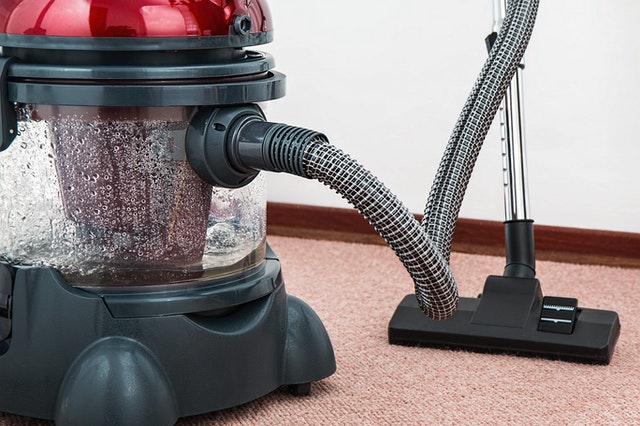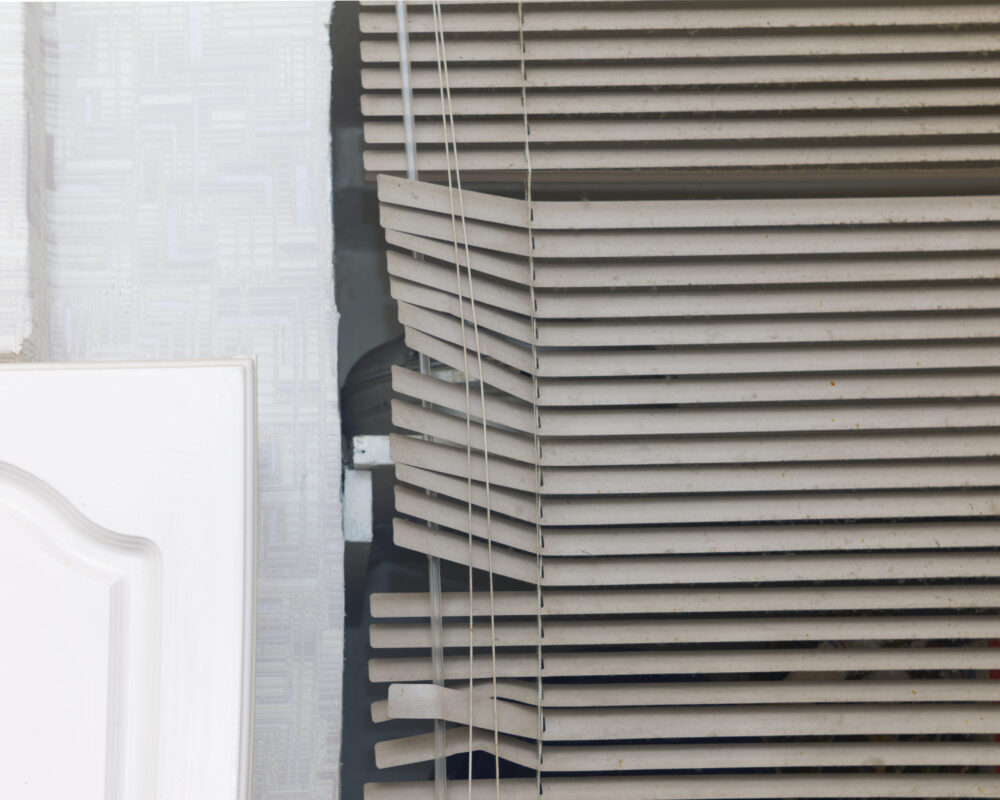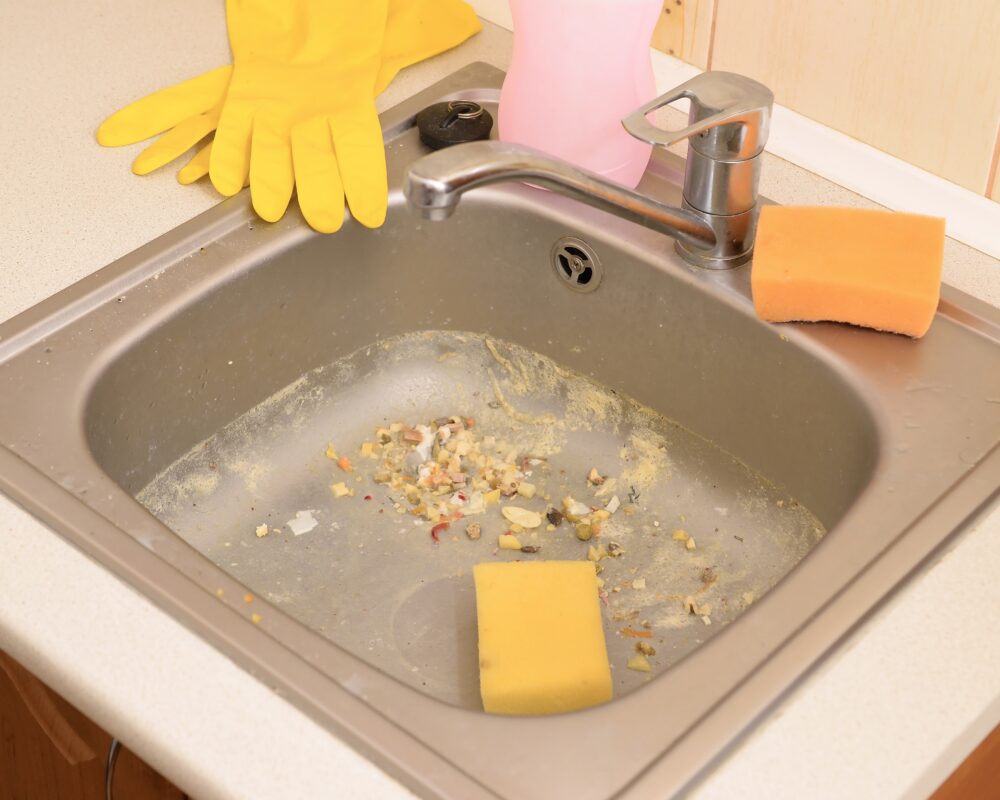When you come to the end of your tenancy agreement and move out of the property you should leave it in the same state as it was when you moved in. If you don’t, your landlord may be able to deduct money from your deposit to pay for cleaning, repairs, or the replacement of items.
There should be a complete inventory when you move into the property so you can see precisely what items you are responsible for that belong to your landlord.
Your landlord can also charge you for any unpaid rent at the time you vacate the property, which they can take from your deposit before returning it.
Before the Tenant Fees Act 2019, tenancy agreements could include specific charges that the tenant could be responsible for. Since the new legislation has been passed, it is stricter on what fees a tenant can legally be charged.
These are specified as: rent, a refundable security and holding deposit, payments arising from the landlord needing to replace keys or an equivalent security device because of fault of the tenant or charges for late rent payment and early termination of a tenancy agreement if it has been requested by the tenant.
Can a landlord charge you for normal wear and tear?
No, a landlord cannot charge you for normal wear and tear. An example of normal wear and tear would be carpet that has gradually worn down over a period of years or flooring that has been faded by sunlight.
Can a landlord charge for repairs?
Yes, a landlord can charge you for repairs to the property and any items listed in the inventory. This includes replacing any items if they are missing or damaged beyond repair.
How much can a landlord charge for cleaning in the UK?
Your landlord cannot make you pay for a professional cleaning service when you move out but they will expect you to leave the property at the same standard of cleanliness when as you moved in.
If the property needs to be cleaned after you have moved out then the landlord can pay for a professional cleaning service using funds from your deposit. This will need to be fully evidenced with a copy of a receipt.

Can a landlord charge for carpet cleaning?
Yes, a landlord can charge for carpet cleaning unless it has only been damaged through normal wear and tear.
Like with any other professional cleaning service needed in the property, evidence of the state of the carpet before the clean will need to be kept along with full payment receipts.

How much can a landlord charge for carpet damage?
If a landlord has to replace damaged carpet they most they can charge is the amount it has actually cost them. Evidence for this will need to be provided by receipts for their purchases.
Carpets are expected to wear over time even if it has been damaged beyond normal wear and tear. Because of this, the landlord should charge for the remaining value of the carpet related to its expected lifespan.
How much can a landlord charge for lost keys?
If you lose your key, or other equivalent security device, the landlord will be able to charge you for the cost of acquiring a replacement. Landlords cannot make a profit from charging you. They can only charge for what they can prove they paid through receipts.

Can a landlord charge for changing locks?
If you have not been able to return the keys to your landlord they may have to replace the locks. The cost of which can therefore be deducted from your deposit.
However, if a lock becomes faulty over time due to normal wear and tear then they should replace the locks themselves.
Can a landlord charge a checkout fee?
No, landlords cannot charge a checkout fee for their tenants. In the past, landlords may have included a checkout fee in their tenancy agreement to pay for an inventory clerk but since the Tenant Fees Act 2019 this is no longer permitted.
Can a landlord charge for broken blinds?
Yes, a landlord can charge to replace broken blinds provided that they have not been broken through normal wear and tear. The blinds will have to be replaced like for like at a similar cost with evidence provided through receipts.

How much can a landlord charge for nail holes?
A small amount of nail holes in a wall is classed as normal wear and tear so a landlord would not be able to charge you for them. However, excessive amounts of nail holes in a wall are not classed as normal wear and tear and you can be charged the cost to repair the wall to its previous standard.
Can a landlord charge you for a clogged drain?
Landlords’ responsibilities include sinks, baths, toilets, pipes, and drains. If a drain has become clogged through normal wear and tear then it is the responsibility of the landlord to fix and they cannot charge you.
If the drain has become clogged through misuse by yourself or guests you have in the property, then this becomes your responsibility to repair and your landlord can charge you the cost.

Can a landlord charge a tenant for painting?
If a wall needs painting to cover up damage that was caused by normal wear and tear then no, a landlord cannot charge you.
However, if you damaged a wall beyond normal wear and tear, or if you painted a wall a different colour without the permission of your landlord and did not return it to its original colour before you left, then the landlord can charge you the cost of repainting the wall.
Can a landlord charge for dead plants?
Garden maintenance is usually the responsibility of the tenant and not the landlord, especially in properties where tenants have sole access to the garden space. As such, if there is damage to the garden when you leave then you can be charged for the repairs.
However, because gardens are so unique, there may be explicit clauses in your tenancy agreement regarding the state and upkeep of the garden so we advise that you fully check your tenancy agreement.
How do I dispute a deposit deduction?
If you do not agree with the deductions that your landlord is trying to take from your deposit then you should first get in touch with your landlord directly and provide them with evidence supporting your claims.
Always try and communicate with your landlord over email or by writing so that there is proof of your communication.
Your deposit must be kept in a suitable deposit protection scheme. These schemes offer free dispute resolution services that you can use if you cannot come to an agreement with your landlord over what they are trying to charge you.
If you need assistance when disputing landlord deposit deductions then our tenant and landlord solicitors will be able to help you at any point throughout the process.
